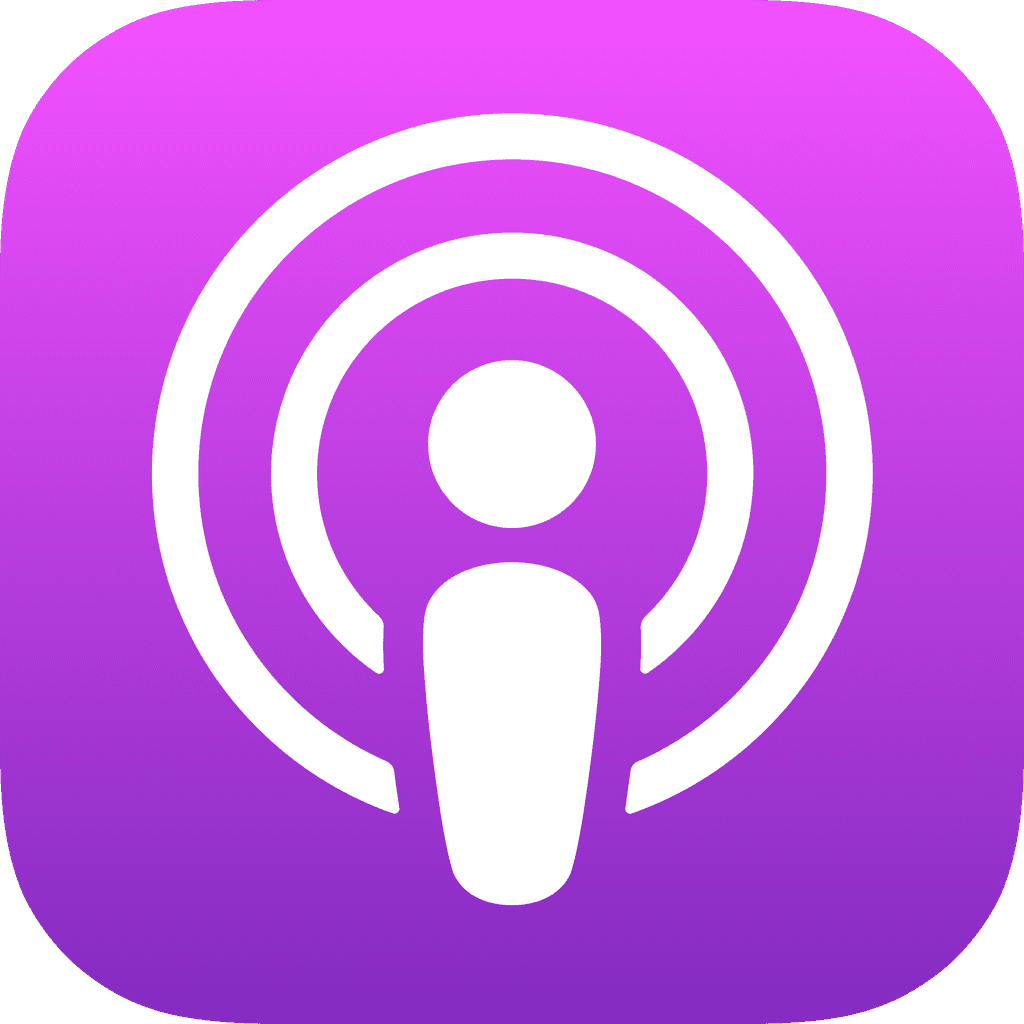Medsider Mentors
Volume II

In Medsider Mentors Volume II, we’ve distilled more key insights from the founders and CEOs who've been guests on our podcast. Feel free to use these learnings as a reference guide to the podcasts you’ve already enjoyed. Or, you can use it as a sampler to decide which episodes you’re most excited to download.
Kevin Goodwin on Private Sector Financing
In 2015, Kevin Goodwin put his 30 years of experience to use by co-founding EchoNous. The company is developing a portable point-of-care ultrasound (PoCUS) powered by machine learning. It's since raised $120 million in private investment. Kevin credits the success to finding investors who are also partners.
Robert Kline on Building for the Long Term
Robert Kline has a long list of successes. He sold Medivance for $260 million in 2011, ViroCryte in 2016 for $16 million, and Bolder Surgical for $160 in 2021. He’s now the Chairman of ThermoTek. His advice is to focus on building sustainable businesses rather than optimising for an exit. Even if you do sell, buyers will want to buy a company with a future.
Holly Rockweiler on Pushing Through
For Madorra CEO Holly Rockweiler, building a successful start-up is all about passion. Working in the medical space can wear you down. But, seeing how your product improves the lives of patients will give you the motivation to keep going.
John Murphy on Navigating Regulatory Hurdles
John Murphy leads Virtual Incision, which builds portable surgical robots. The surgical robotics space is getting noisier by the year, but Virtual Incension’s systems are only 2 lbs and can be set up in 10 minutes. In our interview, John provides insights on their strategies for navigating regulatory hurdles.
Rosina Samadani on Getting to Market Quickly
Rosina Samadani is the CEO of Oculogica. She's also a judge for Stanford's StartX Accelerator and MIT's $100K Entreprenuership Competition. Her philosophy is to get to market quickly. She lovingly refers to Oculogica's first prototype as as "the duct tape prototype." It was literally held together with tape during clinical trials.
Caroline Loew on Engaging with FDA
As the CEO of Glympse Bio, Caroline Loew is pioneering biomarker diagnostics. The company analyses proteins in a blood sample to identify disease states. We discussed her philosophy on working with FDA, which she describes as "early and often." The trick, according to Caroline, is to keep things moving forward from the start.
Jim Biggins on Collecting VOC
Under Jim's leadership, Access Vascular recently closed a $20 million Series B round. This will help them develop a new base material for vascular access devices that promises to reduce complications. He believes too many entrepreneurs miss the opportunity to speak directly with practitioners throughout all stages of development.
Justin Barad on Making your Product Fun and Accessible
Most medical technology founders don't think of their products as fun. But Justin Barad does. As CEO of OSSO VR, he's redefining how surgeons are trained and assessed. For him, medical start-ups should think more about the physician experience. In other words, design products that doctors love using.
David Neale on Healthcare Economics
During our interview, Argá Medtech CEO David Neale shared two pieces of advice for founders. First, don't neglect the international market. Build diverse teams that reflect the global nature of the healthcare industry. Second, pay attention to healthcare economics. How will your product affect the patient, surgeon, nursing staff, and hospitals?

